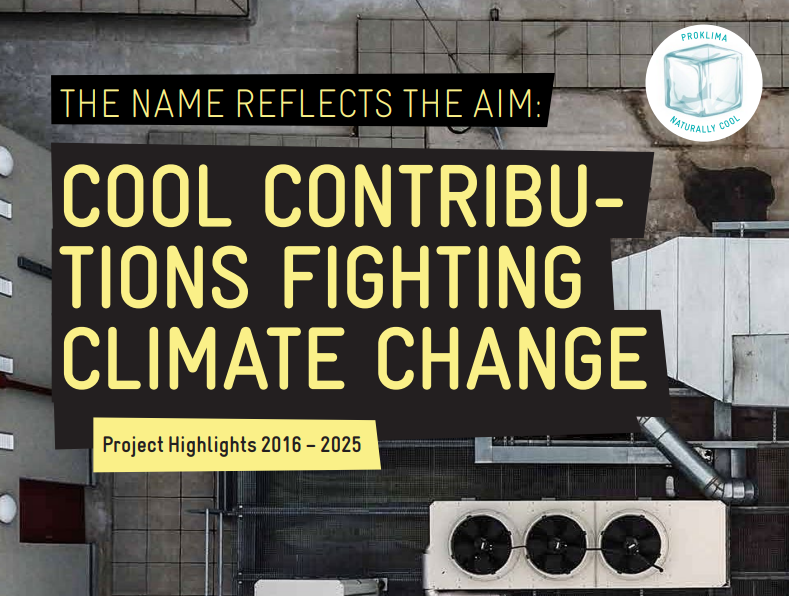The Cool Contributions fighting Climate Change (C4) project, funded by Germany’s BMUKN and implemented by GIZ Proklima, has concluded after a decade of work to integrate sustainable refrigeration and air-conditioning (RAC) into national climate strategies. The initiative aimed to shift cooling from a policy blind spot to a recognized climate solution by supporting countries in measuring, planning, and financing climate-friendly systems.
Across two phases (2016–2025), C4 partnered with Costa Rica, Grenada, the Philippines, Iran, and Vietnam, and piloted activities in Nigeria and Liberia. Achievements include the development of national RAC greenhouse gas inventories, National Cooling Action Plans, and MRV frameworks, as well as the integration of RAC mitigation into Nationally Determined Contributions (NDCs). More than 140 R-290 air-conditioning units were installed in hotels, hospitals, and public buildings, and over 210 technicians and instructors received training in the safe use of natural refrigerants.
The project also worked with financial institutions to design procurement schemes and financing mechanisms for sustainable cooling. Costa Rica introduced climate-smart RAC procurement, Grenada piloted a Green Loan concept, and the Philippines developed hotel-sector finance models, presenting them at COP28. Tools such as the NDC Helpdesk and Green Cooling Finance Platform were created to support data-driven policy and investment decisions.
C4 applied a five-step approach in partner countries, focusing on building detailed RAC inventories, integrating cooling into NDCs, and mobilizing finance. This methodology helped align national policies with Kigali Amendment targets and improve technical capacity. Examples include Grenada’s updated Tier 2 RAC inventory in 2025, Liberia’s first national inventory in 2024, and Nigeria’s baseline for inclusion in its upcoming NDC 3.0.
“As the world prepares for the next NDC update in 2025, C4 has shown how to move from ambition to action in cooling,” the project noted, calling for mainstreaming cooling in all NDCs, scaling national implementation, aligning climate and ozone policies, and closing the finance gap for sustainable cooling solutions.
Source
